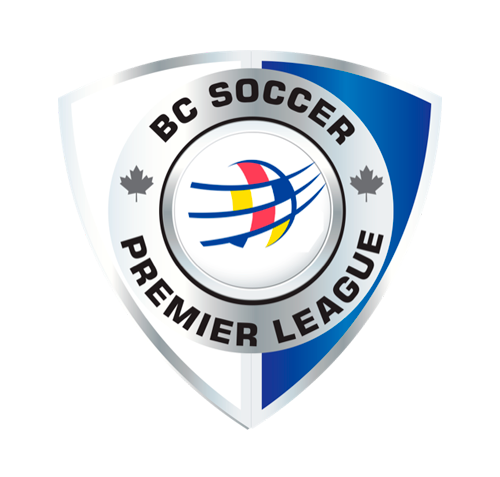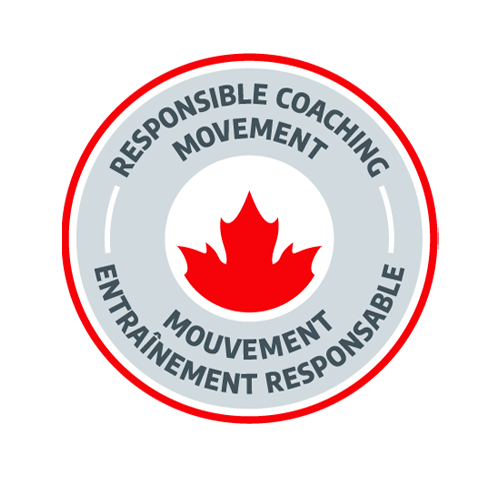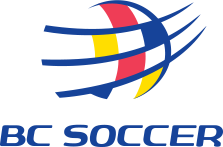Langley United Soccer Association (LUSA) have committed as part of the Responsible Coaching Movement to implement and adhere to our Codes of Conduct protecting Children in Sport and providing guidelines for those working with minors in sport as part of the 3 Steps of the Responsible Coaching Movement LUSA also provides additional resources for coaches, volunteers and parents to help protect minors as well as provide reporting steps for inappropriate conduct and child sexual abuse.
This Child Protection Code of Conduct is a component of the Commit to Kids: Sport Edition – a supplementary resource of the Commit to KidsTM child sexual abuse prevention program. The objective of developing and implementing such a Code of Conduct is to help increase the safety of the children in your care. The Code of Conduct has been adopted by Langley United Soccer Association to establish boundaries for all employees and volunteers at Langley United interacting with children, assist individuals in identifying concerning behaviour, and clarify the steps they should take to address such behaviour.
LUSA – Code of Conduct to Protect Children in Sport
As a Langley United Soccer Association employee or volunteer, it is our duty to prevent harm towards minors in our care. The following are behavior guidelines for staff and volunteers while working with minors. The purpose of these guidelines is to provide a safe environment for staff, volunteers and minors, and to raise awareness of how to manage risk when minors are present in the program. “Minors” includes any youth under the age of 18 years old. “Staff and Volunteers” includes both employees of Langley United Soccer Association and volunteers. “Parent” is considered both parents and legal guardians. This policy should be provided to all new staff and volunteers upon hire or appointment as a coach or manager, this document will be reviewed with returning staff and volunteers on an annual basis. These guidelines emphasize the responsibility that staff, volunteers, parents, and minors each have in ensuring a safe and successful program.
LUSA Code of Conduct – Guidelines for working with Minors
Each year there are more than 200,000 cases of reported child abuse and neglect in Canada. Child abuse occurs when a parent or caregiver, whether through action or failing to act, causes injury, death, emotional harm or risk of serious harm to a child. There are many forms of child maltreatment, including neglect, physical abuse, sexual abuse/exploitation, emotional abuse and exposure to intimate partner violence.According to the Canadian Incidence Study of Reported Child Abuse and Neglect, the first nation-wide study to examine the incidence of reported child abuse in Canada; 93% of alleged perpetrators are known to their child victims.
69% of sexual abuse cases involved girls and 31% involved boys.60% of physical abuse cases involved boys and 40% involved girls.69% of physical abuse cases resulted from inappropriate punishment.
This guide is a resource for parents and taken from the Canadian Centre for Child Protection and Commit To Kids, Langley United Soccer Association is a proud support of Committed To Kids.
Committed to Kids – Parents Guide – Helping Organizations Prevent Child Sexual Abuse
Soccer offers incredible experiences and opportunities for children. These experiences are integral to enhancing child development. Positive experiences are tied to healthy relationships between athletes and coaches, as well as to safe environments where adults are accountable for their actions and behaviours. As such, the purpose of these guidelines is to establish a common understanding of expectations for adults interacting with children in sport (soccer), and a sense of safety for those who need to bring forward any concerns of misconduct towards children.
Guidelines for Adults Interacting with Children in Sport
Child abuse is one of the most serious problems facing our society. Abused children suffer and, all too often, the damage lasts a lifetime. Even worse, it can extend to future generations as patterns of abuse and neglect repeat themselves. Most children do get the love and care they need to grow up strong, safe and secure. But others need our help. That’s why it’s so important to know the signs of abuse and neglect, and to take the right reporting action when we see them. This guide will tell you how to do that. It also offers advice on preventing abuse.
Whether they’re our own children, our neighbours’, or a stranger’s, we all share responsibility for their well-being. We owe it to them to do whatever we can to keep childhood a safe place to be.
Reporting information below:
Additional Codes of Conduct / Ethics and Guidelines






